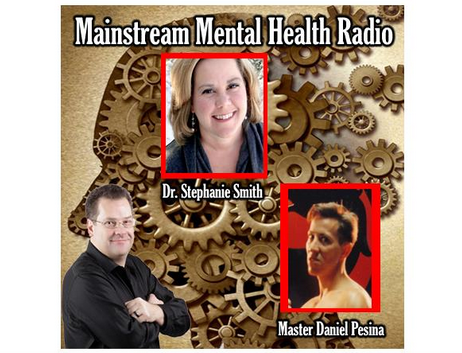If we’re being completely honest about mental health care, and what prevents people from getting the care they need, we have to talk about the embarrassment factor. Even those of us who “know better” than to be ashamed and are aware of the “stigma” around mental health issues, can suffer from some embarrassment around seeking treatment for ourselves. We know therapy is OK for others, but for us? Hmmm…not so sure.
I was recently interviewed by Mainstream Mental Health Radio about the embarrassment factor when it comes to mental health care. I discussed who is susceptible to feeling some shame around starting therapy, including:
- mental health professionals
- health care providers
- teachers
- attorneys
…pretty much anyone. But those of us who know a little (or a lot) about psychology and mental health might find ourselves thinking the following:
- I know so much about mental health, I should be able to fix this myself
- I should be mentally stronger than this
- I know other people struggle with mental illness, but not me
- If I seek treatment, I’m pretty much admitting I’m a failure/fraud/weakling
In the interview I also talk about how all the public education that’s been done in the last couple of decades around mental health awareness has been fantastic. But we’re still not out of the woods in terms of understanding that mental illness has nothing to do with weakness or inferior character.
To listen to the interview – which also contains information about the mental health benefits of martial arts (who knew?!), check it out on Mainstream Mental Health Radio:


